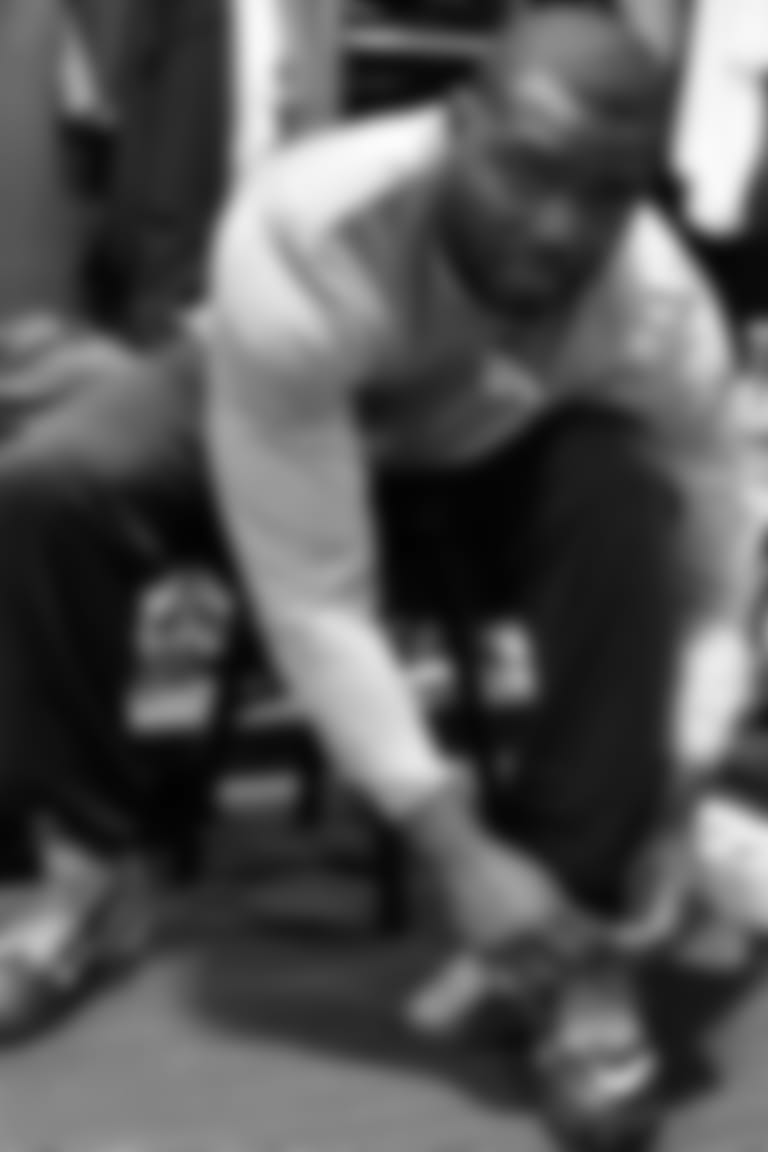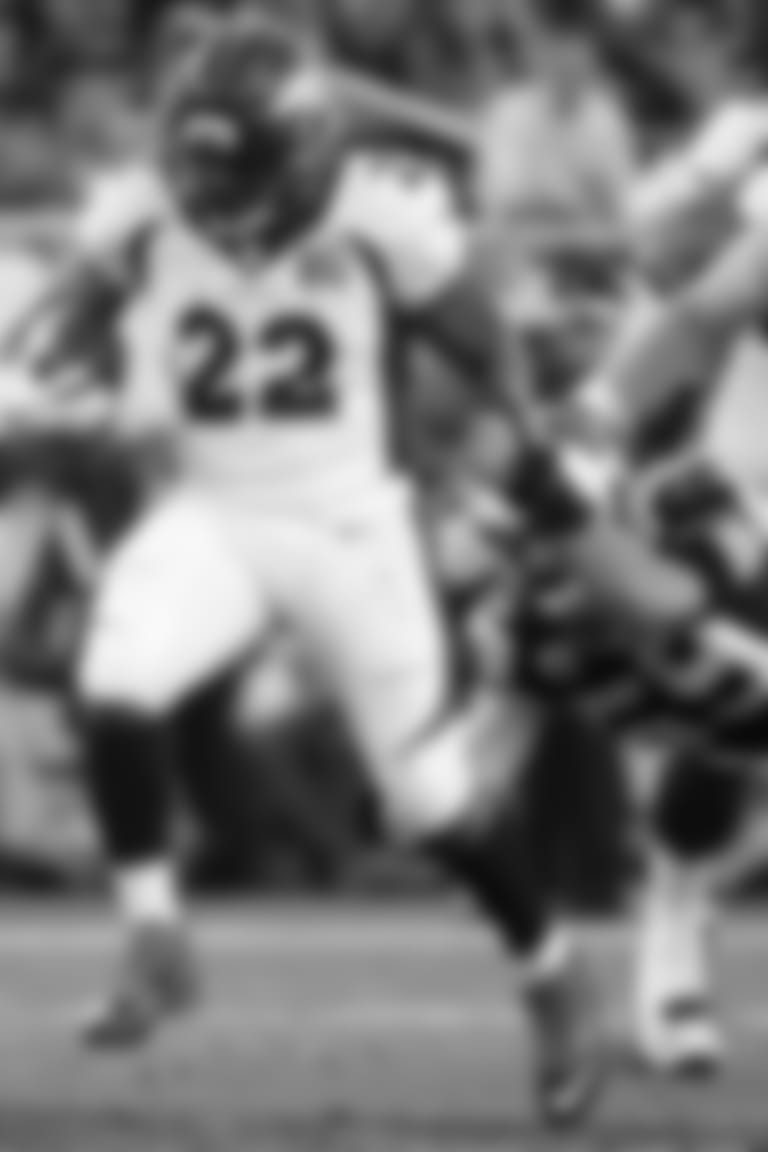With the fifth anniversary of Super Bowl 50 nearly upon us, we’re spending the week sharing stories from five players who made key plays in the game. We begin with C.J. Anderson, the bowling ball of a running back who had to fight through a tackle from Luke Kuechly at the goal line to clinch the win. Helping lead the Broncos' offense in a Super Bowl was Anderson's dream, and doing it a short drive away from his hometown made it even more special.
For some players, nerves are only natural. Super Bowl or not, they have them before games.
But for C.J. Anderson, the hours and days before Super Bowl 50 — the biggest game of his life — were the most stress-free of his life.
He had been floating on air ever since the Broncos punched their ticket for the game by beating the Patriots in the conference title game.
"When we won the AFC Championship … someone asked me, like, C.J., how do you feel? You're going back to another Super Bowl, you just won the AFC Championship," Anderson says, "and I said, I'm going home for free!
"I didn't have to worry about flights, I didn't have to worry about hotels. … My mom, my grandmom, my brothers, my wife — it was simple and easy. It was just driving up. … I've been playing at home almost the majority of my life. Me being at home, being back in the Bay, that's how I looked at it. I looked at it as it's just another home game for me, for the Bay Area kid. And I felt comfortably fine."
With the game in Santa Clara, California, Anderson could not envision being closer to his family and his roots as he prepared for the Super Bowl. His hometown of Vallejo, where his family still resided, was some 60 miles north on Interstate 680. Just south of that was Oakland, where he spent two years at Laney College, and Berkeley, where he played his final two seasons of college football at Cal.

















